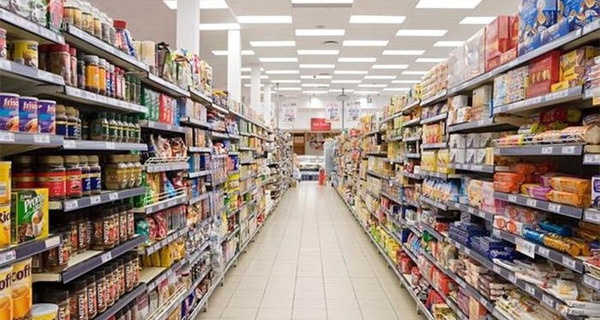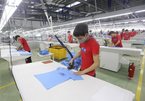A representative of MOIT’s Domestic Market Department said at a forum on marketing and retail held in March that Vietnamese enterprises meet big difficulties when selling products through supermarkets.
Not only do they having to follow complicated procedures, they also have to pay high discount rates and many kinds of fees and surcharges.

A businessman said to bring products to supermarkets, he has to pay the fixed discount rate of 24-35 percent, a high rate which eats into his company’s profit. However, if he doesn’t accept the required high discount rate, he will have to stay outside modern retail channel.
The businessman went on to say that in order to exist in supermarkets, enterprises have to fulfill many obligations. Their rights are determined by supermarkets.
According to Vu Vinh Phu, former chair of the Hanoi Supermarket Association, the required fixed discount rate for enterprises is 20 percent, while the ‘soft’ additional rate is 12 percent. He said this is ‘alarming for Vietnam’s economy’.
| Vietnamese enterprises meet big difficulties when selling products through supermarkets. Not only do they having to follow complicated procedures, they also have to pay high discount rates and many kinds of fees and surcharges. |
The owner of an enterprise said the current discount rate he has to pay is 25 percent, and the supermarket wants to raise it to 32 percent. Besides, he has to give financial support to help the supermarket celebrate the establishment days, build more storehouses in provinces, and pay a lot of other fees.
For one kind of product, he has to pay nearly VND10 million. If he wants to display products in advantageous positions, he has to pay more for premises.
However, the biggest problem for him is the long time needed to have products examined and other procedures which take one year at least. Therefore, the company is always lacking capital and finds it difficult to expand production. Moreover, his products have to compete with the products bearing supermarkets’ private brands on the shelves.
According to Phu, only one out of every 10 Vietnamese manufacturers can bring products to foreign invested supermarkets. This means that Vietnam’s products are dislodged from modern distribution channels to make room for foreign made products.
In theory, requiring a discount rate is a legitimate right of supermarkets. However, in many cases, their policies are unreasonable.
In 2014, though the revenue from selling Minh Long 1 china products was very high, a supermarket still raised the selling price. As a result, Minh Long had to take back all products from the supermarket.
Ba Huan Company was asked by a supermarket to make products for a supermarket at the price 5 percent lower, or it had to leave the distribution chain.
Most recently, Big C suddenly stopped collecting textile and garment products from 200 Vietnamese suppliers.
Thanh Lich

Big C resumes ordering goods from 169 local suppliers
The Big C supermarket chain, owned by Central Group, has resumed placing orders for soft-line products at 169 out of 200 local apparel firms, after its abrupt suspension of purchases last month.

Big C pledges to resolve buying issue
Big C Vietnam has suspended local purchase of garments but insists it is only a temporary measure and will not pull out of the local apparel...
 Transporting goods to supermarkets is an arduous journey for manufacturing enterprises, especially small and medium ones.
Transporting goods to supermarkets is an arduous journey for manufacturing enterprises, especially small and medium ones.